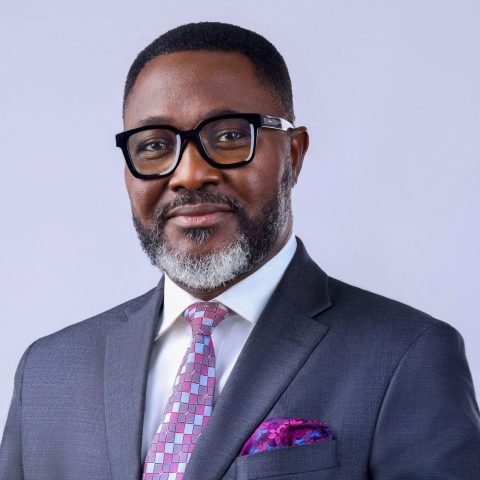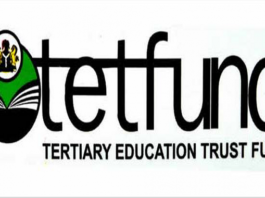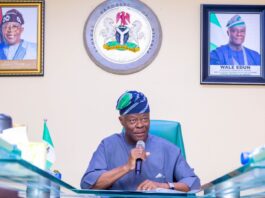By Sola Adebawo
President Bola Ahmed Tinubu’s recent assent to the Nigerian Insurance Industry Reform Bill, 2025, marks a pivotal moment for Nigeria’s financial landscape. More than just a new law, the Nigerian Insurance Industry Reform Act (NIIRA) 2025 is a bold statement of intent, aligning the insurance sector with the administration’s ambitious vision for a $1 trillion economy. For many Nigerians, particularly those of us in bustling urban centers like Lekki, the word “insurance” has often been met with skepticism. This new legislation, however, is designed to change that narrative fundamentally.
The NIIRA 2025 isn’t just a tweak; it’s a complete overhaul. It repeals a patchwork of outdated laws and consolidates them into a single, cohesive framework. This modernization is crucial for an industry that has long struggled to keep pace with global standards and the country’s economic evolution. The message is clear: Nigeria’s insurance sector is no longer operating in the past.
At the heart of this reform are a few key provisions that will directly impact businesses and consumers alike. The first, and perhaps most significant, is the introduction of stringent capital requirements for insurance companies. In the past, undercapitalization has been a major weakness, limiting the industry’s ability to take on large, complex risks and, more importantly, to settle claims promptly. The new, higher capital thresholds are expected to force a period of market consolidation. While this may lead to some smaller firms merging or being acquired, the ultimate goal is a stronger, more resilient industry with the financial muscle to underwrite significant projects and absorb major shocks. For international investors, this is a green light, signalling a more stable and serious market.
Another crucial aspect of the Act is its focus on consumer protection. Provisions for “zero tolerance for delays in claims settlement” and the creation of “dedicated policyholder protection funds” are aimed at rebuilding public trust. For too long, the industry has been plagued by a reputation for being slow or unwilling to pay out claims. These new measures are a direct and necessary response to this credibility gap. They serve as a promise to the average Nigerian that their hard-earned money and trust will be respected, not just by companies, but by the legal system.
This is the single most important step to boosting insurance penetration, which has remained stubbornly low for years.
Furthermore, the Act embraces digitization. The push to digitize the insurance market is a recognition of Nigeria’s dynamic, tech-savvy population. By leveraging technology, the industry can improve access and efficiency, reaching a broader audience – from small business owners to young professionals – who have been largely underserved by traditional insurance models. This digital transformation is not just about convenience; it’s about making insurance accessible and affordable to more people, democratizing financial security.
Ultimately, the NIIRA Act 2025 is more than a law; it’s a strategic catalyst for Nigeria’s economic transformation. A robust, trustworthy insurance sector provides the bedrock for economic growth by pooling long-term capital for investments and protecting against financial risk. As Bayo Onanuga, the Special Adviser to the President, stated, the Act aligns with the “Renewed Hope Agenda” and positions Nigeria as a leading insurance hub in Africa. The success of this reform will depend on diligent implementation by the National Insurance Commission (NAICOM), but the foundation has been laid for an industry that is not only financially sound but also transparent, innovative, and, most importantly, deserving of the trust of the Nigerian people.
Sola Adebawo is an accomplished business leader and communications expert with extensive experience in the oil and gas industry. He currently serves as the General Manager of Government, Joint Venture, and External Relations at Heritage Energy. Adebawo is also an author, scholar, and ordained minister, known for his writings on strategic communication and leadership.








